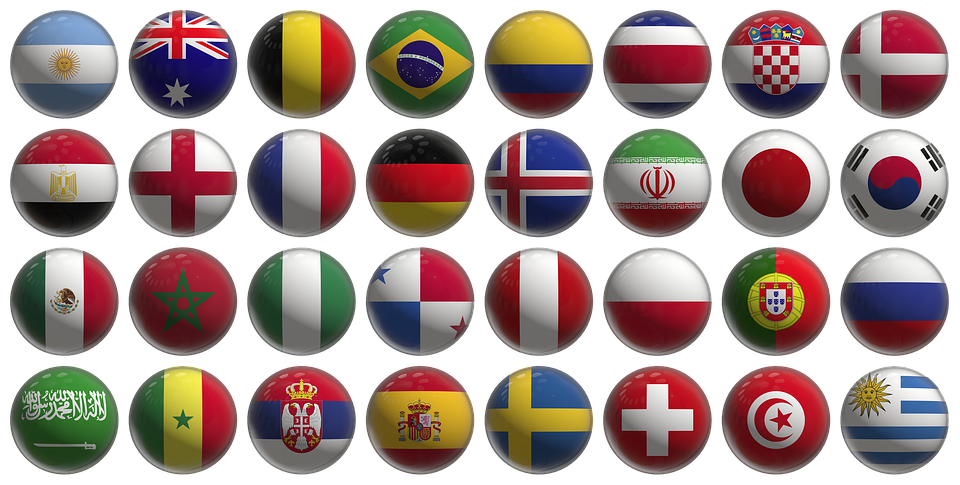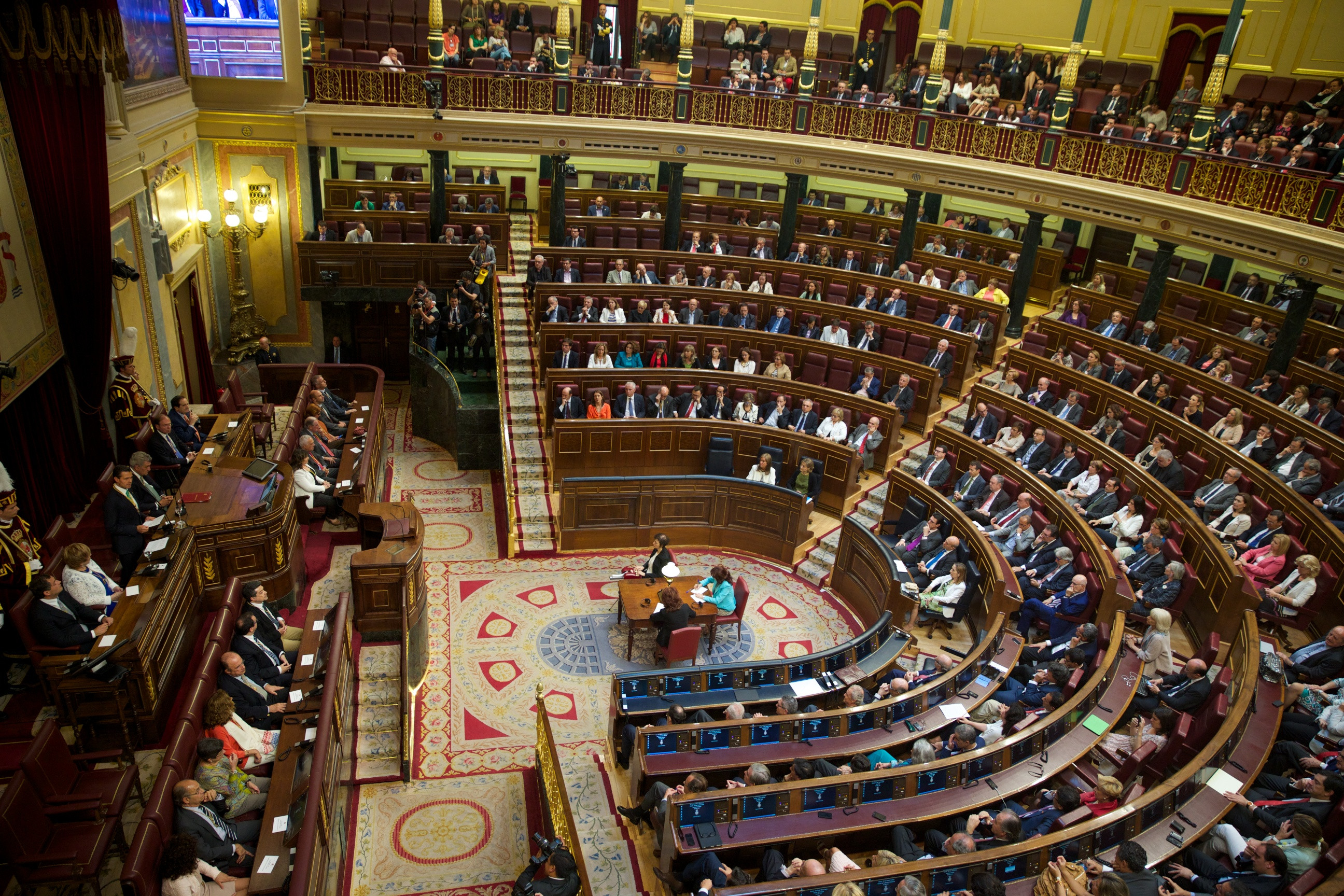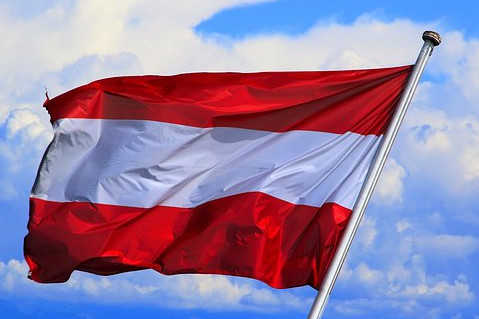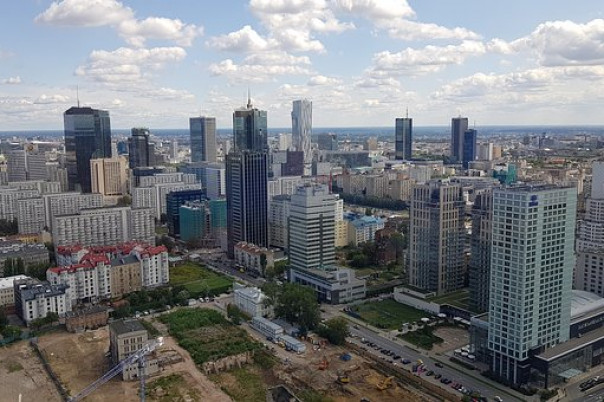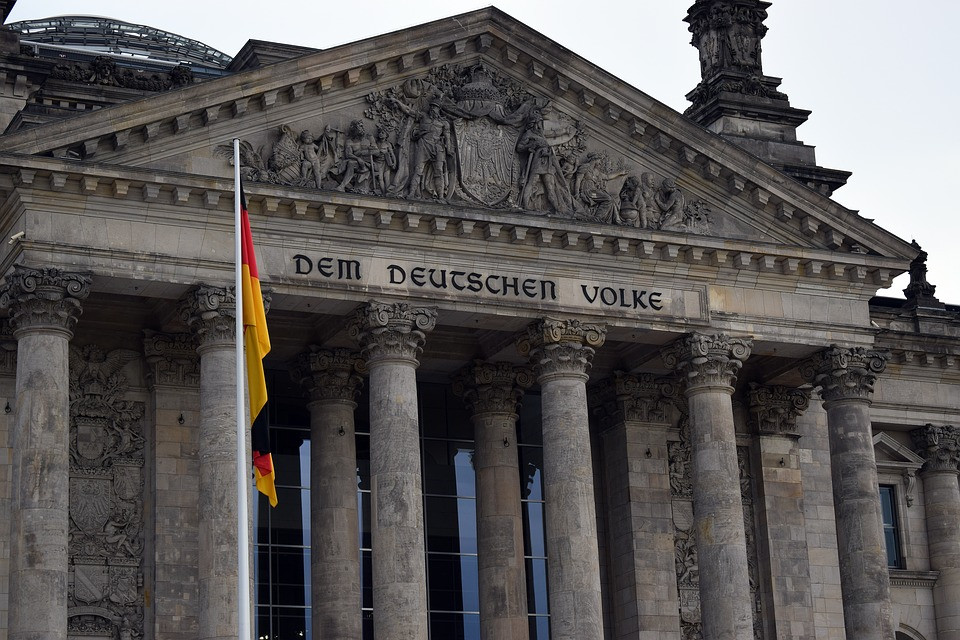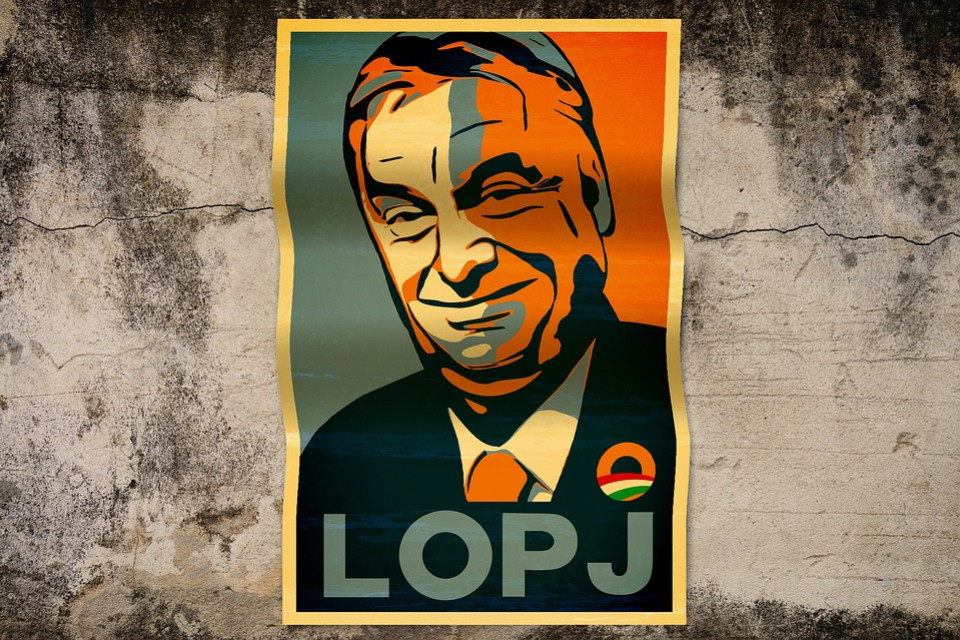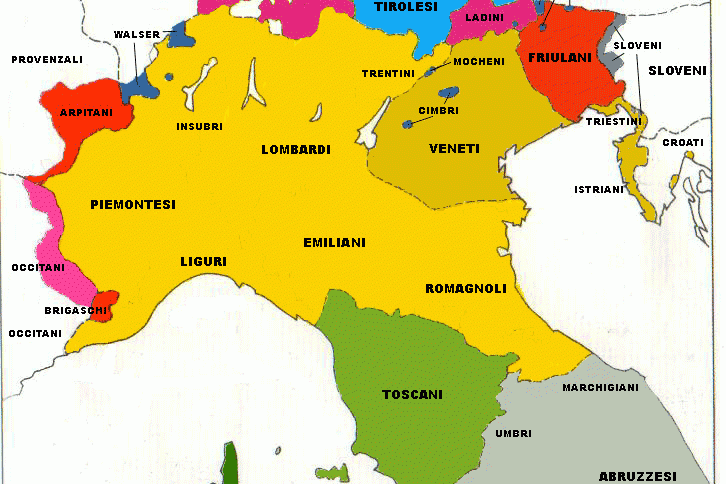COSMOPOLITAN NOMADISM PUT TO THE TEST
Having just spent two decades of global experience and the supposed de-territorialization of culture and markets led by the citizen of the world, an expert in transnational business, consummate polyglot, a skilled negotiator and with such a broad vision that transcends all frontiers, we today we observe a regression of these phenomena. Uncoupling has ceased to be the cultural and successful ideal. The citizen of the world seems to have gone back home, yearning for their national identity, their community and what is familiar and better known to them: their homeland, meaning not simply the physical space colonized by the State, but also the framework of our lives, the backdrop to our memories and the reflection of our identity. In an ethological sense, our homeland is understood as the environs of a group that cannot by itself be objectively localized, but is built of patterns of interaction through which the group or band guarantees a certain stability.
Cosmopolitan nomads, a genuine product of globalisation and postmodernity, fed up with global uprooting, now appears to be disenchanted and suffering a crisis. Disillusionment that the British Prime Minister, Theresa May, echoed when, on the occasion of comments on Brexit and its effect on its people and its culture, disdained the idea of global general public with these words: "If you believe you are a citizen of the world, you are a citizen of nowhere". Mrs. May knew what she was talking about, given that certainly cosmopolitan nomadism leads to an absence and a lack of cultural references; for that reason, the citizen of the world now seeks those spaces and those backdrops that form the homeland in the broadest sense: the homeland, the "motherland", its familiar places, in which we find a protective cloak and at the same time a shield against the invasion of all things strange and their consequent effect of acculturation, but above all, a reunion with our own identity.
Without doubt, we are experiencing a paradigm change. A change that has happened in just three or four decades, because the sense of uprooting caused a positive feeling of liberation in the world citizen of the 80s and 90s, similar to that felt by villagers when moving to the city, freeing themselves from the burden of family and tribal customs that slow their development down, or that they feel that they are being held back. It amounted to globalisation and openness to a new era governed by pragmatism and not by nationalist sentiments.
It was like a natural consequence of growth, similar to that undergone by fledglings when they leave the nest to fly, and dominate the world from the heights of the skies where no limits or boundaries are crossed.
However, before the hard blows that the global economy has received, the citizen of the world, already going back to their parents' house as prodigal son, their feelings are different: the weight in them from the uprooting caused by global dynamics.
This uprooting no longer means freedom but rather estrangement, absence and remoteness of our own, to the degree of beginning to feel a bit of a stranger in our own land, the same that which previously was our own backdrop has now become unknown and makes us feel as distant and alien as the newcomer: an immigrant. Their eyes gaze with suspicion on the intruder who not only occupies a place comparable to their own, but also has the same rights and opportunities as them. Hidden feelings, generally not explicitly recognized but latent, and this is something recognised by nationalist political parties. They know that there is a feeling and that it can potentially be used in favour of their cause. For example, this is the case of the vice president of the "Alternative for Germany" Party (Alternative für Deutschland AfD) Alexander Gauland, who has repeatedly used an old motto of the far-right German Nationalist Party (Nationaldemokratische Partei Deutschlands, for its initials: NPD) to criticize Angela Merkel's open migratory policy: "If we are tolerant today, tomorrow we will be foreigners in our own country".
This slogan seems to denote a space common to the German Far Right; even, according to an editorial writer of the Frankfurter Allgemeine Sonntagszeitung, it is used as the refrain of a song entitled "Tolerant and Stupid" that the neo-Nazi band "Gigi" plays and the musicians Brown Town, on a CD recorded in 2010 that bears the shocking title: "Adolf Hitler is Alive!" (Zeite Online, 2016). Moreover, not satisfied with that, he has referred to the German territory as a space of affluence and culture of strangers, which generates a flight away from their home of those who have occupied this space for generations (Zustromraum).
In other words, a defence of the longed-for living space without reaching the extremes of National Socialism, but without doubt bridging its boundaries. This is not only cause for unease but also for international concern and attention.
Some political parties in Europe and in other parts of the world have capitalized on this desire for repatriation, to recover what is theirs by inheritance, and they have exalted the discourse of "us before them". However, not as an expression of universal "otherness" but rather looking for the guilty, upstarts, as the root cause of the evils that afflict us.
THE NATIONALISMS OF YESTERDAY AND TODAY
However, beyond the mileage that right-wing or far-right parties want to extract from the citizen of the world's state of disappointment, the truth is that the modern state no longer provides the certainties of cultural unity it offered fifty years ago. Nationalisms have become marginal and, as regards principles, are highly questionable. This is because, in addition to the dominant discourse of globalisation and cosmopolitanism, in recent decades the world has been the scene of massive population movements that have produced cultural changes that affect the self-image of many societies (Smith, 2004, 153).
The citizen of the world who returns to the maternal womb of the Nation finds only a shadow of what once was.
Instead, the State is presented as a plural and multicultural entity, where the nationalist ideology no longer responds to racial or national criteria of fifty or sixty years ago. It is a decaffeinated nationalism, current, hybrid. or at least this is how some sectors of modern societies perceive it.
More than a defined ideology, today's nationalism is a discourse that functions as a container in which we can pour diverse contents. It is like a mother formula to which, adding different discursive ingredients, different results are obtained, but always successful because it is based on a set of dichotomies that follow an almost infallible logic. We can cite as examples: the conceptual dyads we/them; own/foreign; free past/enslaved present; Pure origins/stained new; greatness/decadence, and others that need not be exemplified here, since they constitute the discursive axis of any revolution or of any harangue that is orientated to the direct mobilisation of support (also electoral).
Today's nationalism does not resemble that of the nineteenth century, This is, the one that then gave rise to the institution that we now know as State-Nation.
This was a discourse that invited the construction of an identity extolling nostalgia and images of roots; but today, at least the one that some political parties seem to capitalize in favour of its cause, has another structure: its starting point is more gloomy, it is directed to the destruction of what has weakened the own, the national, the great or what once made a people great.
There is quite little left of that old nationalism, because it does not intend to strengthen what it has so as to share it, even if by force of arms as Napoleon Bonaparte thought, who came to feel like an agent bearer of a superior message of reason against the monarchical tradition, so that the call to arms did not cease to have a missionary and civilizing backdrop. This France seemed to have achieved what the other countries did not: a regime of citizen freedom based on equality, a civil code in which the just and the unfair were mathematically summarized, an organizational scheme of public administration based on efficiency and not in hierarchies, structured from the office but not for the office.
All this was for the French and, particularly for their Emperor Bonaparte, a good that overflowed and had to communicate and share with the other peoples of the world.
For this they strengthened the pride of belonging in their armies, their flags and collaborators, and exalted the missionary sense of the Grande Armée. However, none of this seems to chime with the nationalist discourse that we see resurging today. The current one seems a more local discourse, and certainly less pretentious than the Napoleonic one. The nation rises to the limelight of the discussion and therefore we speak of nationalism, but what kind of nationalism are we talking about? Is it the same mutatis mutandis that fed the ancient nineteenth-century movements? And if it is not, where do the differences lie?
FROM BOURGEOIS NATIONALISM TO NATIONALIST ROMANTICISM
To answer these questions, here it is worthwhile bringing some historical categories that at times seem outdated and even puerile but that, however, as soon as the current discourse is seen, do not seem to have changed much.
For example, such is the case of the categories proposed more than a century ago by the German sociologist Ferdinand Tönnies: community versus society. The first category (the community) is the closest thing to a family, characterized by the intrinsic unity of its members, This is, because they merge their existential objectives forming one, the community, where yours, mine and of them, lead freely to the idea of ours. The same is true about properties and customs, language, thought and, of course, the fate that runs through life. Community, in other words, absorbs the individual. We are subsumed into it, which requires a kind of immolation or self-immolation, because no-one can subsume in a group if it is not at the expense of their personal identity. In contrast, society, according to Tönnies, generates other types of freer links.
While the community alters being, society only alters a part of our existence. Society safeguards personal freedom, does not call for everything, does not demand sacrifices, nor fidelities of delivery, but only contractual loyalties.
Therefore, the individual in a society does not merge or assume the existential risks of others, but only those derived from a contractual relationship, always revocable. Historically, the two most complete forms of society -as understood by Tönnies- are: the corporation and the modern State.
The first, because, although it implies a unity of action and a commitment of different agents, it does not go beyond the reason for which they are united, it does not have further implications, as Foucault says, in the naked life of its members. The risk is defined in the object of the contract. Nothing more. Furthermore, something similar happens in the liberal State, or Nation State emerged in the nineteenth century (although with a history dating back to the sixteenth century). The State abandons the criterion of corporate ascription of the Middle Ages and assumes the capitalist model of the corporation. In principle, in such a way that the State is not that terrible god who asks for the blood of their children to live and give life. It is a society of individuals (free vassals of the crown, in modern monarchies and the general public in liberal and democratic republics). Membership of the State is originally free, revocable, and does not involve sentimental ties.
Individuals do not associate themselves to take on an adventure or fulfil a mission, but to protect themselves and respect others.
According to Juan Jacobo Rousseau's theory, which was based most of the builders and ideologists of the liberal state, society is the product of a free association of individuals (individuals born free) whose purpose is to safeguard the original freedoms of the "wild good", that is to say, of the individual who, even when they are born free, sometimes lets themselves be led by desires that produce certain chaos insofar as they lead some to alter the sphere of freedom of others, not as a consequence of an intrinsic evil, but as a product of that part of us that obeys instinct. This is why we create political society, as an artifice (contract) whose meaning and sole raison d'être is to protect and maintain individual liberties as much as possible, transforming them into civil liberties, This is, regulated. Regulation that for Rousseau was protective of the individual and no more than that. According to the Roussonian discourse, any other ratio legis that strays outside this object will be illegitimate.
The State thus understood is and remains a contract. It has no life by itself, nor is it, as the organicist theory supposes (for example, twentieth-century National Socialism), a living supra-individual organism. At least from this perspective, it is not on principle a nation with a life of its own, nor is it an ethnic individuality as the nineteenth-century theorists of romanticism argued (Lemke, 2017,21).
The State is an artificial entity whose life cannot go beyond the contractual will of those who give life to it with our daily assent.
There is no national soul that surpasses that existential possibility of the State or that pervades beyond its material and in any case emotional, reality. The metaphors of the national body, the spirit of the people, the national soul are no more than that: metaphors with which we express the unity of the State, but they should never be confused with its essence, since such essence does not exist. The traditionalist theories in the style of Juan Vazquez de Mella and Fanjul, constitute without a doubt a beautiful literary gesture, quite in the taste of nineteenth-century romanticism, but you cannot speak in such extraordinarily illusory and mythical terms in a current world such as ours, unless it is anchored to a past that is dead.
In any case, if metaphors are involved, the State is more like a machine than a biological entity. In short, this is the liberal and democratic doctrine in which we live and in which most of the general public in the world and the State want to live. Therefore, the condition of national will never be higher than that of citizen.
Race among humans is an accident, not a factor of unity, let alone hostility towards those who belong to another race.
To hold such a thing at this point in human history is but a reflection of a residual barbarism that refuses to disappear from our mental map. Therefore, we maintain that the original name of the modern State, which is the State-Nation has to be preserved, because the nation by itself does not express with certainty the political reality in which we now live. On the other hand, the Nation-State does not let the nation loose, to go down the paths of its own imagination that wants to imagine itself with its own life, as a superior entity and more powerful than the State.
In effect, the idea of a nation emerged when that tendency began which Michel Foucault calls "biopolitics". This is, when the leaders of the modern State burst into our lives to impose obligations, duties and sometimes-too-heavy burdens, and certainly beyond the limit of protection to the individual freedoms that constitute its raison d'être. In view of such charges it was necessary at that time that the mother appeared, the feminine figure that supported us to endure them, to bear them with resignation.
The nation does not impel us to rebel or to obey without questioning as if we were slaves.
The nation as a good mother does not question or question, acts, reacts and executes, immediately provides us with the strength that our children require to continue living in the State; even in difficult times, it gives us comfort. The nation is never guilty of what that older brother called the State does (stated in George Orwell's terms).
The maternal metaphor of the nation is not a mere interpretative occurrence that I make here. From the time of the French Revolution, we have known that the midwife with whom Reason was represented became the Nation at times. In both cases, she was represented as a plump woman, as a generous and nurturing mother who breastfed her children. The nineteenth century is full of such images: midwives representing the Republic, the Constitution, Reason, the Law, the Nation. and this has an explanation that, although it may be anachronistic for current sensibility, we do not see it at the time when the concept of Nation was conceived. When we are born, and even before in the womb, the first experience we have is precisely that of the mother. It is the mother who breastfeeds us, the one who takes care of our basic needs, who supports us in pain or helps us not to fall faced with the stumbling blocks of life. Something similar happens in social life. Our first experiences of the world are found in the street, but not just any street, but in our own street, where we play with neighbours or kick the ball, it is the immediate space we experience crossing the threshold of the house. Similar to the mother experience. The street and then the block, the neighbourhood, the other streets, the other neighbours, constitute the first vital experience. It is the experience of our home place which -using the term coined by the Mexican historian Luis González y González- we can call "matria", or "motherland".
The "matria" is the first experience of social life. It is the Nation that, unlike the State, accompanied the children by singing hymns, the thrilling experience of the military parade and the honours to the flag. On the other hand, the State appears in the romantic and nationalist discourse as the provider father, the tax collector, the organizer of police and armies, the builder of public spaces, bridges and roads, the great regulator and watchman. Therefore, when at the end of the 20th century the crisis of sovereignty came after the fall of the Berlin Wall and the emergence of borders, the first thing that went into crisis was the nation, its agglutinating symbols and its capacity to generate asphyxiating and inhuman disciplines, as in Nazi Germany or Soviet Russia. On the other hand, the model of the State has resisted the onslaught of cosmopolitanism, and we might even say, that the categories on which this end-of-century cosmopolitanism is built are those of the State and not those of the nation or, in the terms of Tönnies that we have referred to above, are the societal, individualistic, contractarian categories and not the communitarian or nationalist ones.
To the extent that words like nation, country, patriot or compatriot have fallen into disuse in the current language. and not even emerging nationalisms have been able to rehabilitate those expressions that remain forgotten, obsolete, being replaced by less compromising sociological concepts, such as the Americans, the Europeans, the French, the British, the Venezuelans.
THE LANGUAGE OF ULTRA-RIGHTIST NEO-NATIONALISM
Speaking about the use and misuse of words in politics is not a trivial matter. Words are the expression of a state of consciousness that beats in society and also of a way of understanding and communicating the interrelations of power. Therefore, we need to pause our analysis to address the problem of extreme nationalisms.
If we analyze the campaign discourses of some right-wing candidates in Europe, such as Marie Le Pen, Norbert Hofer or Alexander Gauland, the first thing that comes to mind is the absence of the expired terms to which I referred earlier, but however, no-one doubts that these are nationalist, protectionist and sometimes neo-corporatist discourses.
Nevertheless, the language used in such cases is not that of a call to the collective conscience or to the national community, but rather that the nation identifies with people in general. For example, in Germany after the attack in France, there has been a wave of demonstrations of dissatisfaction with the policy of openness taken up by the Angela Merkel government in terms of migration. One of the strongest representatives of this critical tendency is the European Patriots Against Islamization Movement of the west (Patriotische Europäergegen die Islamisierung des Abendlandes) -a party founded in Dresden in 2014, against migration, particularly of Muslims whom it considers incapable of integration in Western culture (Posner, 2016)- because although they attend their schools and the little ones learn the language, families tend to segregate into small neighbourhood groups retaining their own language and living apart from the rest of the population at large. This is an attitude that in Germany is particularly prevalent, so that, astutely, Mrs. Merkel pointed out the need to take security measures such as, for example, the regulation of the use of the Islamic headscarf. This was enough to silence at least those who from their party supported the criticism of the nationalists and thus increased her chances of being re-elected as prime minister in the next general elections.
In France, Marine Le Pen, candidate of the conservative party that was on the verge of winning the presidential elections, defended the secular State supporting the prohibition of the use of veils in public, because supposedly they could be used to conceal themselves and commit an attack.
However, as a political scientist expert in the study of Far Right-wing nationalist movements (Sylvain Crépon) pointed out a few years ago, it is hardly credible that the true intention of the candidate was to defend the secular state and public security, as it is well known that, in the end, what interested them was the exaltation of the French in demerit of customs alien to their national traditions (Pham-Lê, 2012). This is to say, to highlight the contrast between them (in this case the Muslims and the Jews, since they took advantage of the occasion to proscribe the kippah next to the burqa, as opposed to an "us" (French, Catholic, and so on).
These tensions between countries that are western and those that are not, has generated a considerable number of nationalist movements, some more radical than others, but most of them with a clear xenophobic tendency. An expansion that in turn has unleashed the wrath of the Islamic fundamentalists who, in supposed defence of their compatriots in Europe, have attacked from their countries of origin those who manifest ideas of intolerance. On January 21st, 2015, the head of the German group of European Patriots against the Islamization of the West, Bachmann, resigned his post after being attacked by a series of Facebook messages in which he allegedly spoke of immigrants in a derogatory manner and denigration, calling them animals and social scum, which, according to German law, is classified as hate discourse. The last straw was apparently when this character stated on their Facebook wall that national security required a welfare office to protect animal employees (immigrant employees). This event has given much for the media in that country to speak about: lately it discovered a supposed self-portrait of Bachmann in which he is represented as reincarnation of Adolf Hitler, an image that is captioned "He's back", reminding us of the book that bears that name and that has led to the production of a famous film that caused great social upheaval. The image and the caption became viral on social networks, although afterwards it was shown that everything had been photoshopped.
Beyond the fact that it resulted in the prosecutors of Dresden opening an investigation on suspicion of incitement to hatred and violence (Volksverhetzung) (Posner, 2016), what is significant to highlight here is the expansion of these ideas that, in my opinion, obey three fundamental reasons: first, the social morbidity that seeks violence as a remedy to its boredom; secondly, a true dissatisfaction of large sectors of Germany (as in Italy, the United Kingdom, Turkey and Greece) with the opening of borders and the welcome of thousands of migrants that seem to threaten the stability of a well-off society with quite clear referents of stability (the law, the border, nationality and general public, and so on). and finally, a general feeling of longing for the national, our own, that which is ours, probably increased by the eruption of market policies that in many cases have not brought the welfare results that were expected, or at least not for the great majority of the total population of the countries incorporated into economic or continental blocks such as the European Union.
At the beginning of 2017, an editorial in the Reforma newspaper in Mexico City pointed out the possibility that, with Donald Trump's triumph, this type of radical movement in the world could receive an impulse to which we will need to keep a close eye on -so the columnist afirms- how they react now to this victory of xenophobic, anti-immigrant and protectionist discourses. He was referring, among others, to the December elections in Austria, where Norbert Hofer, a well-known Far-Right politician, was a hairsbreadth from winning the presidential elections.
Also, in the elections that took place in the Netherlands, where another populist of the Far Right or, as some analysts call him, the leader of the European pseudo-liberalism, Geert Wilders, who demonstrated in his campaign the deep contempt he feels for intercultural dialogue and political tolerance, reaching a rhetoric of fear and pointing to the causes of Muslims, in general, without nuances and with a strong dose of xenophobia.
The danger of using the nationalist discourse violently is always latent, because a political emotion can vary if it is stimulated so that it changes direction in an untimely manner, or so that the action becomes emotion without the limiting influence of the rational.
This is the case of emerging nationalisms of a negative nature, that is to say, of those who, to affirm their own, deny the other, which usually happens in nationalisms that are linked to racial or ethnic identities, as has happened countless times in history. In their last presidential visit to Europe, the then-US President Obama launched a warning signal in view of the rise of ethnic nationalism, both in Europe and in the United States and in some Eurasian countries saying: we have to remain vigilant before the rise of a vulgar species of nationalism or ethnic identity or tribalism This is built around an "us and them" (El País, November 17th, 2016). and Obama ws quite right, because as he said at a press conference next to the president of Greece Alexis Tsipras, it is a threat from which we can predict disastrous results, because we already know what happens when Europeans become divided, emphasize their differences and compete in the zero-sum manner (El País, November 16th, 2016).
But, as I have mentioned, the most worrying aspect of this tendency of the nationalist Ultra-Right is the language of hatred, of rejection of the other. This is a question that is not exclusive to European policy, because the thunderous, anti-immigrant and anti-Mexican discourse of Donald Trump that for some was only part of a campaign strategy, has been maintained and has aroused animosity towards foreigners.
Hate is an emotion that, if it is linked to nationalism, as political parties and right-wing movements tend to do, can lead to something much more than a language problem.
Therefore, the International Covenant on Civil and Political Rights (PIDCP) establishes that any advocacy of national, racial or religious hatred that constitutes incitement to discrimination, hostility or violence is prohibited by law. The Convention on the Elimination of All Forms of Racial Discrimination (CERD) prohibits any incitement to racism and points out the risks of using that language as a political resource.
The triumph of the language of rejection of others, by the fact that they are different from us, is a world trend that has been gaining ground to the extent that some use it as a political action and others as a reaction. For example, in Greece there a small extremist, esoteric and hermetic group called Golden Dawn has emerged that, although it seems incredible, despite having carried out acts of violence that are well known, attracted the vote of more than 400,000 of the Greek general public, winning 21 seats in the 2012 elections, also managing to retain its support in the 2014 European Parliament elections, in which it attracted 9.38% of the vote (The Greek, 2015). Their discourse is more than anti-immigrant, it is openly ultra-nationalist and racist, being considered by many as the most radical right-wing party in present-day Europe and perhaps the one that most closely approaches Fascism and National Socialism. It uses some of the symbols of Nazism and its leaders do not hesitate to praise Adolf Hitler for having cultivated and defended the exaltation of the white race against the foreign threat.
The number of followers has increased due largely to the fact that it provides jobs, social and family security for ethnic Greek the general public who feel threatened by the presence of immigrants, not only because of the risk of being victims of crime, but also due to the possible loss of opportunities, jobs and distribution of wealth that this implies, particularly in a country that has gone through severe economic crises, having to be rescued by the EU (Report, 2013,4).
In these cases and in others that could be mentioned, the way in which the nation has stopped being a good mother to become a kind of avenging goddess is conspicuous. As I have pointed out, if in its nineteenth-century origins it was the consoling mother and in some cases the inspirer of a moral duty to bring the gospel of modernity and reason to the world, as in the Napoleonic case, the nation of the emerging Ultra-Right of today it appears as the incarnation of hatred that can easily ignite the fuse of violence and produce a regrettable historical regression. Therefore, I think that little effort has been expended to reflect on or limit their action, because there is no freedom of expression. This is worth as a justification when the word is used to violate and not to rationally deliberate the best possible way of life.
EMERGING NATIONALISMS
Humanity seems to have lost its memory, its compass, and does not know how to deal with the enormous challenges on its uncertain nationalisms.
Unfortunately, their adult leaders do not find their roots or recognize their projection, they only deal with superficial short-term interchanges and internal fights between partisan and governmental elites.
Precisely at this point is where the challenge is that we have tried to pose here: leave aside the rational, pure, perfect, conceptual nationalism, refined into the symbols of unity, to assume the reality of current complex nations in which the differences are not cause for bitterness but of knowledge and recognition of otherness. In short, of nations led by adults who do not need to fear declared or invented enemies to join forces. Nations in which emotions and ideas converge: the feelings of unity and rationality that implies respect.
Ultimately, what forges true nationalism are not only reasons, neither historical nor utilitarian; they are also feelings that need to be taken care of and nurtured in their most elementary form, which is the virtue of the former patriotism. A virtue that, although looking for reasons to undertake the struggle to get the best possible status for its own country, also leads us to open our hearts to act in spite of the nebula of politics, hatred and corruption that end up muddying any reason to love our countries. In these current struggles to achieve national identity, we have to also contribute to generating a greater awareness of the national being and the respect due to all other nations.




